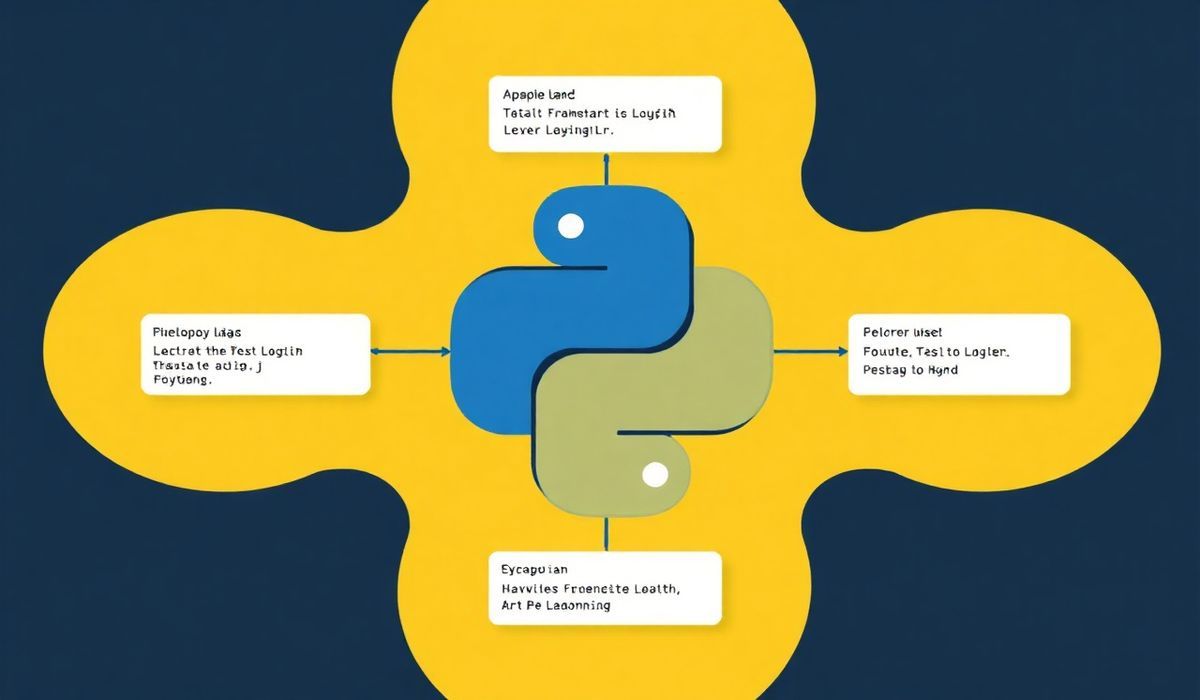Introduction to DefusedXML
DefusedXML is a powerful library designed to help developers handle XML processing securely in Python. XML processing is ubiquitous in web services and applications, but it can expose your code to various security vulnerabilities if not done correctly. DefusedXML mitigates these risks by disabling dangerous XML features.
Key Features and APIs
DefusedXML provides several key APIs that secure XML parsing and prevent vulnerabilities like XML External Entity (XXE) attacks, Billion Laughs attacks, and more. Below are some of the commonly used APIs with code snippets.
parse()
The parse() function securely parses an XML file.
import defusedxml.ElementTree as ET
tree = ET.parse('example.xml')
root = tree.getroot()
for child in root:
print(child.tag, child.attrib)
fromstring()
The fromstring() function parses an XML string directly.
import defusedxml.ElementTree as ET
xml_data = """<root>
<element key="value">Text</element>
</root>"""
root = ET.fromstring(xml_data)
print(root.tag)
parseString()
The parseString() method from defusedxml.minidom offers an alternative for DOM-like manipulation.
import defusedxml.minidom as minidom
xml_data = """<root>
<element key="value">Text</element>
</root>"""
dom = minidom.parseString(xml_data)
print(dom.documentElement.tagName)
lxml API
DefusedXML also secures the lxml library, which is popular for its extended capabilities.
from lxml import etree
from defusedxml.lxml import defuse_stdlib
defuse_stdlib()
xml_data = """<root>
<element key="value">Text</element>
</root>"""
tree = etree.fromstring(xml_data)
print(tree.xpath('/root/element/@key'))
Reallife Application Example
Below is a basic web application example that processes user-uploaded XML files securely using DefusedXML.
from flask import Flask, request, render_template_string
import defusedxml.ElementTree as ET
app = Flask(__name__)
@app.route('/', methods=['GET', 'POST'])
def upload_file():
if request.method == 'POST':
file = request.files['file']
if file and file.filename.endswith('.xml'):
tree = ET.parse(file)
root = tree.getroot()
elements = [(child.tag, child.attrib) for child in root]
return render_template_string('<h2>Parsed Elements</h2> <ul> {% for el in elements %} <li>{{ el[0] }}: {{ el[1] }}</li>{% endfor %}</ul>', elements=elements)
return '''<form method="post" enctype="multipart/form-data">
<input type="file" name="file">
<input type="submit" value="Upload">
</form>'''
if __name__ == '__main__':
app.run(debug=True)
Using DefusedXML in your web applications ensures you handle user-uploaded XML files securely, minimizing the risk of common XML-related vulnerabilities.
Hash: 8018460bcbbfee4b69f0e3a3cf6d1b89e0fb9429d45231eddc41b73b649c3efa




